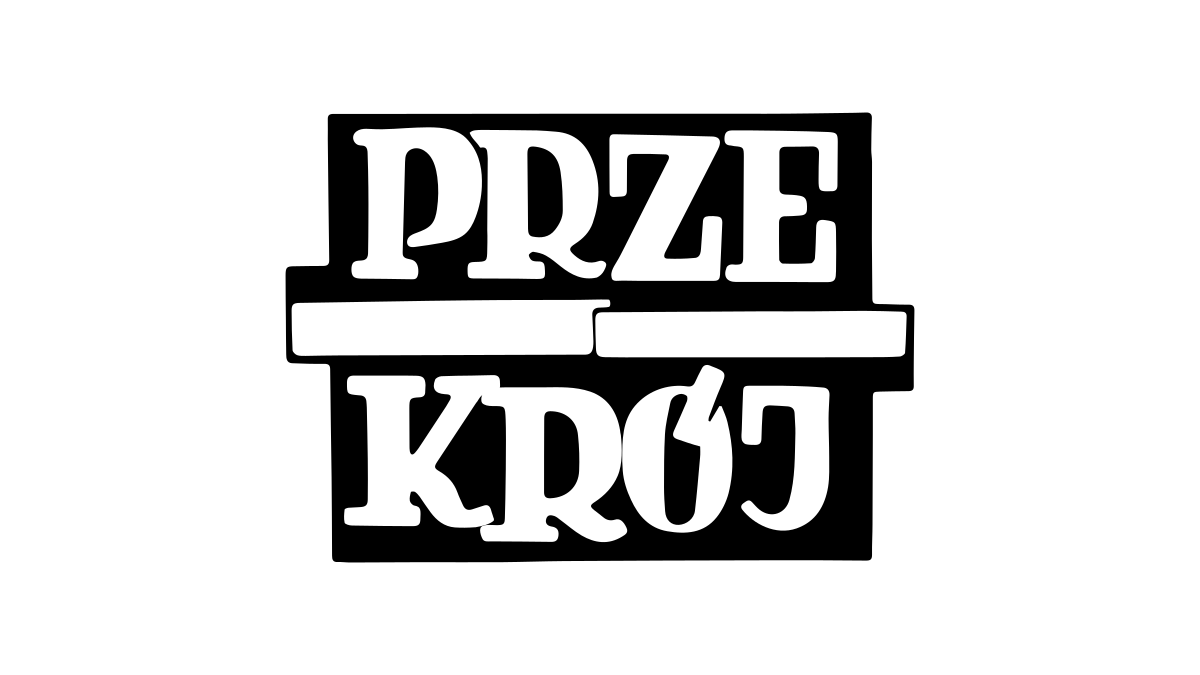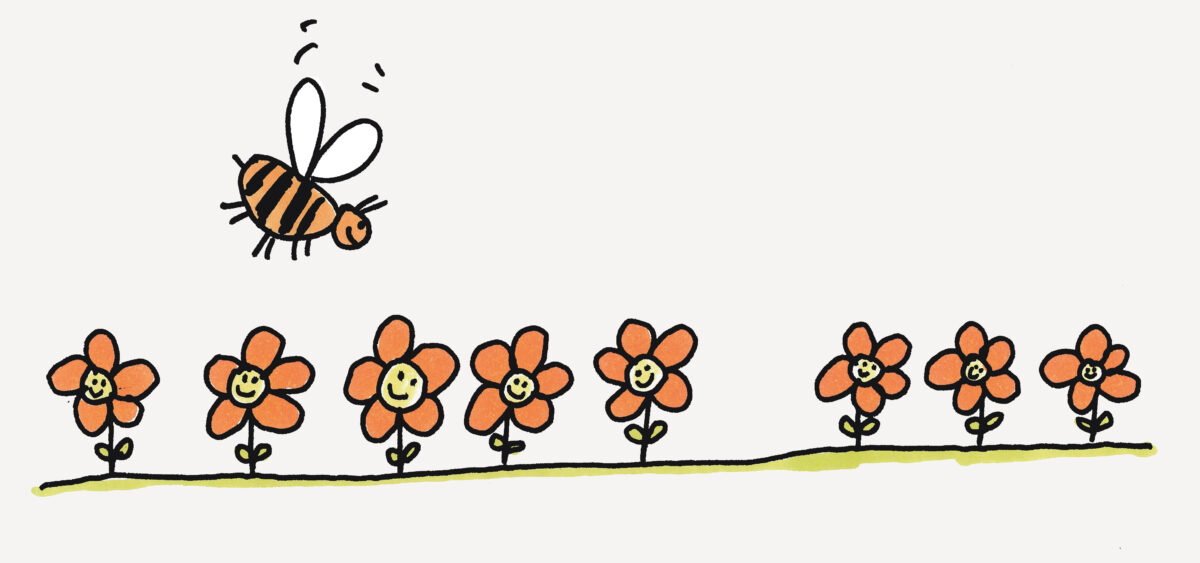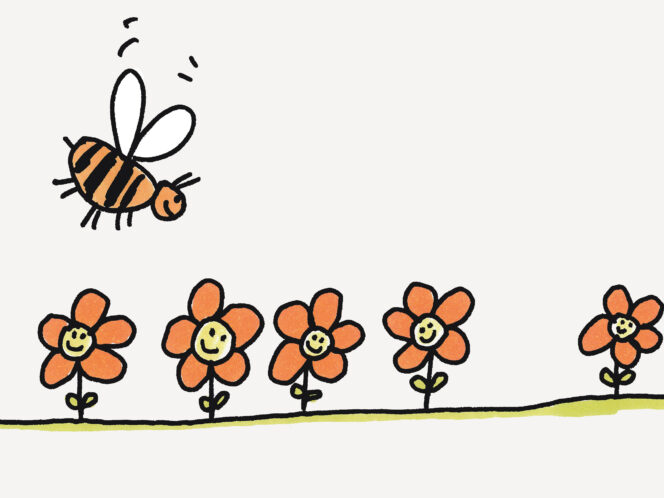
What do animals get from their parents? Some get food, others get skills and knowledge, and others still get emotional support: adult male chimpanzees look for consolation in mum’s arms when they are stressed.
A few years ago, I had the honour of observing a female polar bear with two cubs. The mother was waiting patiently by a seal’s breathing hole for someone fat and tasty to emerge. Earlier, however, she had led the kids 30 metres away and explained something to them: the playful little ones lay quietly and calmly in a snow hollow. Unfortunately, I was too far away to hear what she said, but I’m sure I’m not the only one who would give a lot to learn that powerful spell.
Spidermum
For most animal species any parental care – if it exists at all – usually ends soon after the young are born. There are, of course, extreme exceptions, which I have already described in “Przekrój” – such as the spider mother digesting her own tissues so that baby spiders can suck them up for their first breakfast. But in the case of most invertebrates, the female lays eggs in as safe a place as possible, or – like many wolf spiders – carries a cocoon full of eggs and then gives her young a ride on her back, although they soon sprawl around the area and must manage on their own. There are so many of them that at least a few will survive, so the evolutionary goal, which is to pass genetic material to the next generation, is achieved. A typical start of an independent life looks similar in fish, amphibians and reptiles, and even in such animal intellectuals as cephalopods. Although the mothers of squid and octopuses (and many more of their class) take heroic care of eggs, defending them and providing them with oxygen, they die as soon as the young hatch, so they can’t teach them anything.
Things are a bit better among birds and mammals, where usually at least one parent takes








